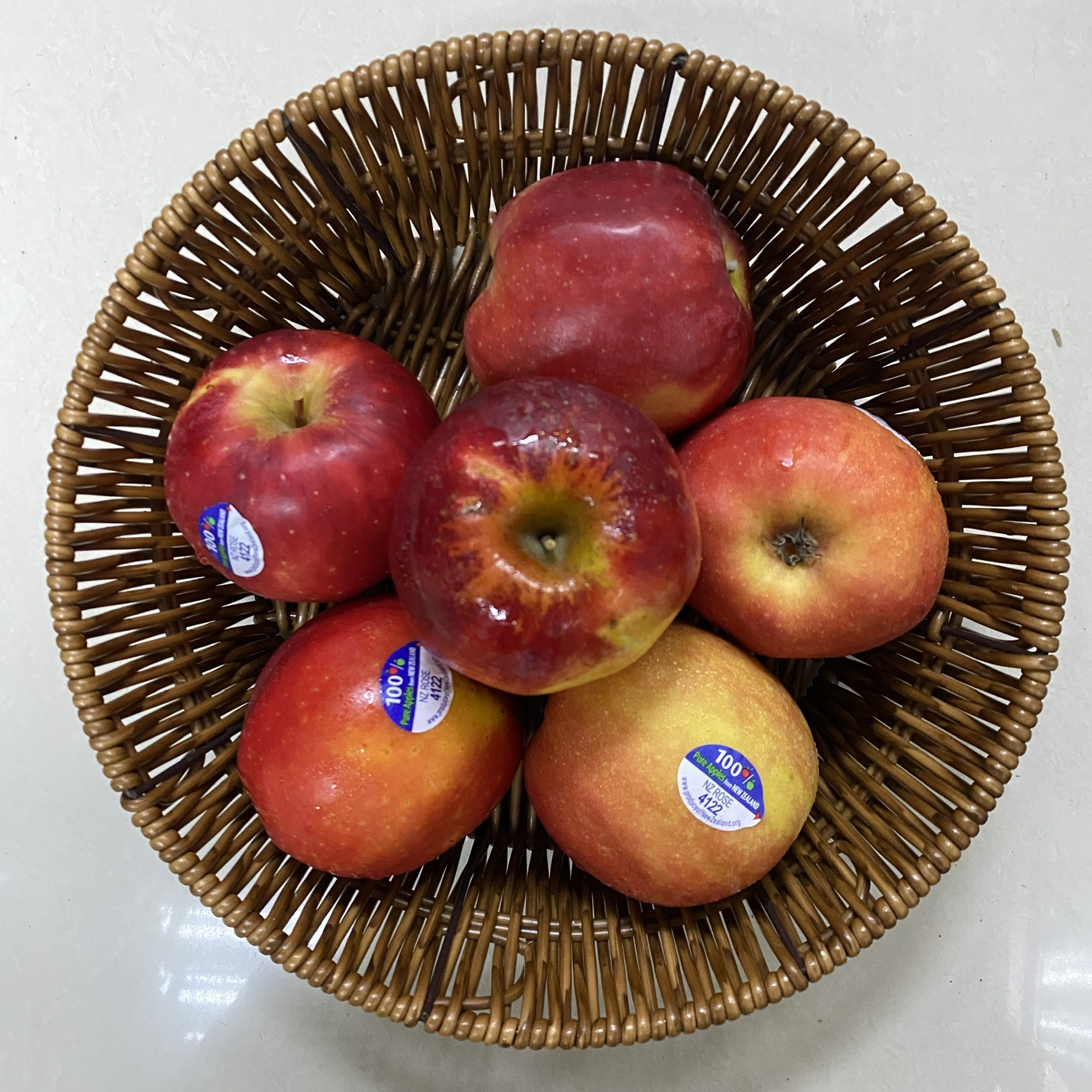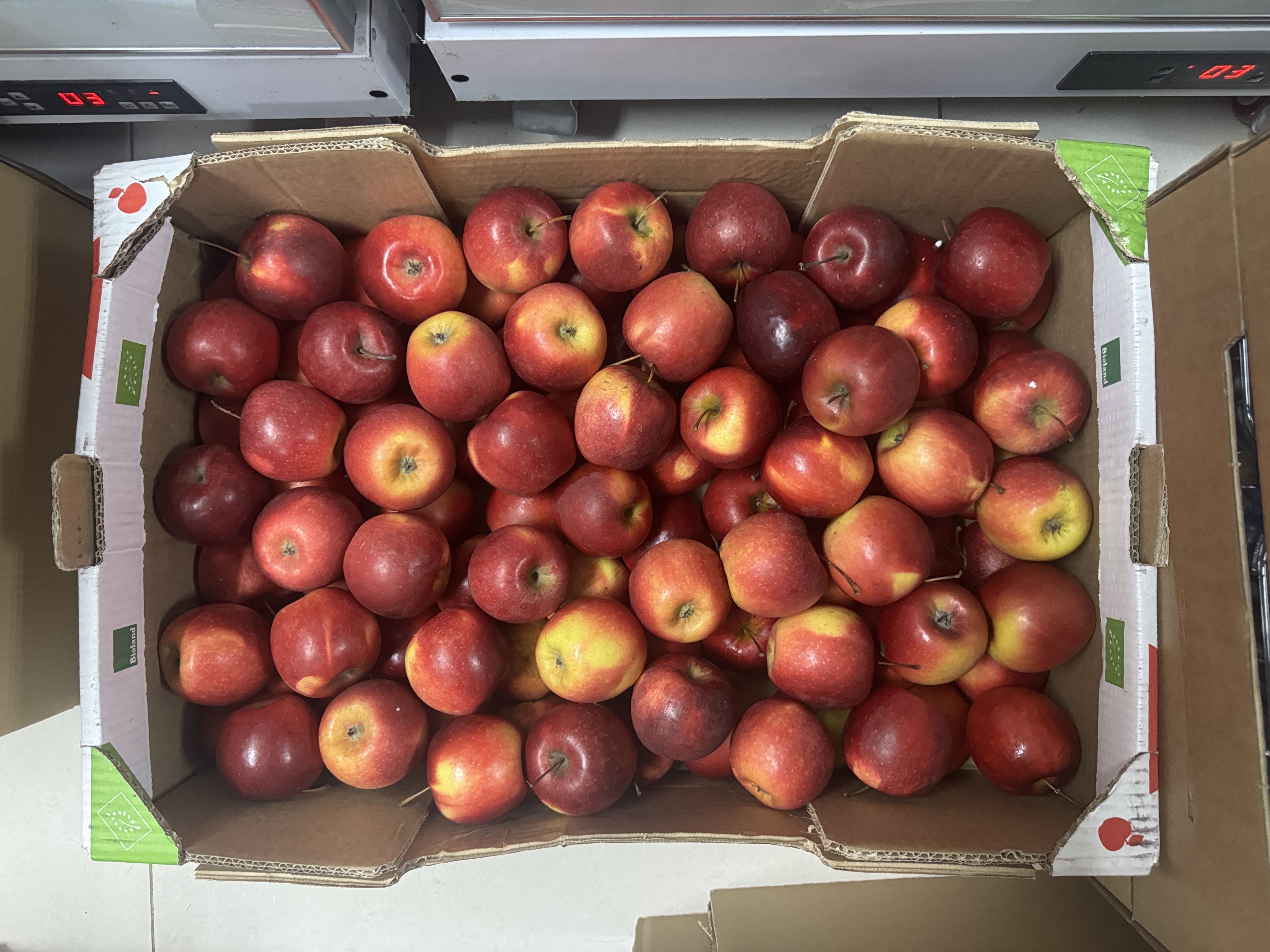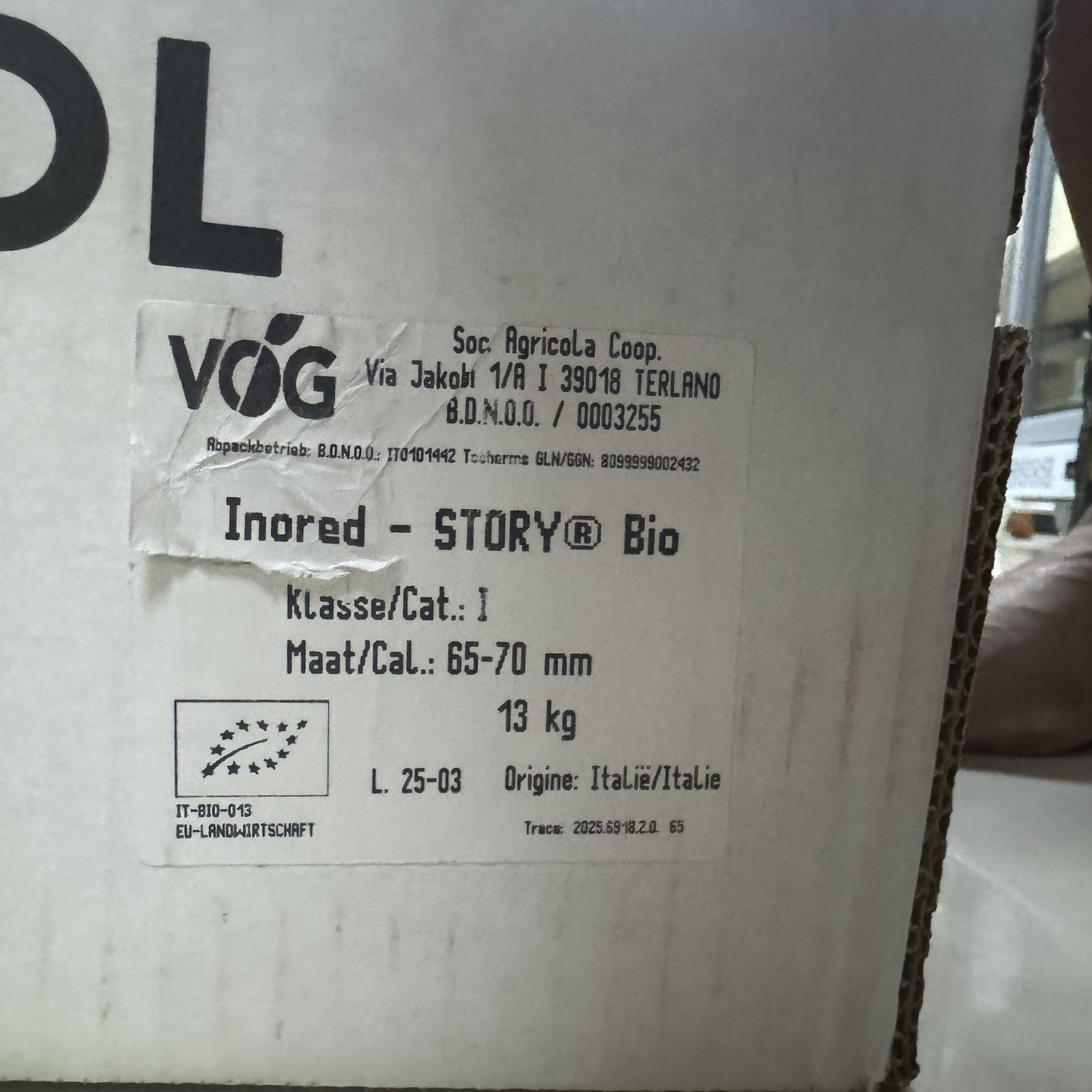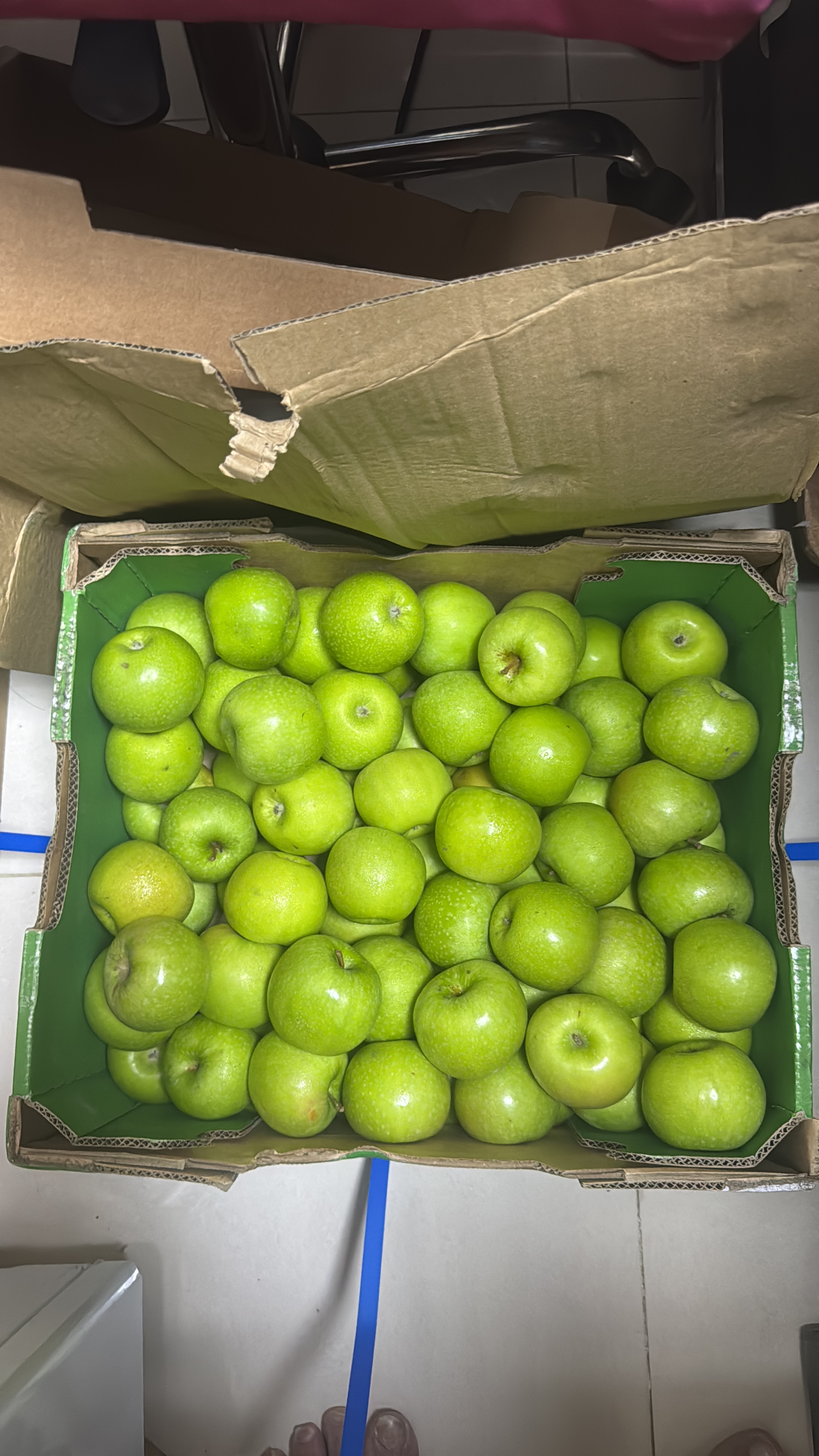蘋果常常用多種化學劑


吃蘋果皮3大好處




{{ 'fb_in_app_browser_popup.desc' | translate }} {{ 'fb_in_app_browser_popup.copy_link' | translate }}
{{ 'in_app_browser_popup.desc' | translate }}
{{word('consent_desc')}} {{word('read_more')}}
{{setting.description}}
訂單結帳注意事項:送貨方法中選擇區域 - 然後當填寫地址時, 請小心選擇分區及區域, 因資料錯誤會影響前往結帳
隆重推出本地培育田香雞、金棠雞、粵皇鷄及平原雞等,想食靚雞就要嚟《餸您健康》
偏遠上門附加費 - 順豐針對香港偏遠地區的寄送收取港幣$10,請顧客通知順豐職員,該不費用由我方支付。詳情點擊這裏
訂單結帳注意事項:送貨方法中選擇區域 - 然後當填寫地址時, 請小心選擇分區及區域, 因資料錯誤會影響前往結帳
隆重推出本地培育田香雞、金棠雞、粵皇鷄及平原雞等,想食靚雞就要嚟《餸您健康》
偏遠上門附加費 - 順豐針對香港偏遠地區的寄送收取港幣$10,請顧客通知順豐職員,該不費用由我方支付。詳情點擊這裏
訂單結帳注意事項:送貨方法中選擇區域 - 然後當填寫地址時, 請小心選擇分區及區域, 因資料錯誤會影響前往結帳
{{ childProduct.title_translations | translateModel }}
{{ getChildVariationShorthand(childProduct.child_variation) }}
{{ getSelectedItemDetail(selectedChildProduct, item).childProductName }} x {{ selectedChildProduct.quantity || 1 }}
{{ getSelectedItemDetail(selectedChildProduct, item).childVariationName }}






顧客服務
聯絡我們
聯絡我們
農場地址:八鄉馬鞍崗村居民信箱55號
電話 / 35651770 / 95555280
時間 / 9am-8pm
電郵 / info@healthyexpress.hk











提醒您,我們不會以電話或簡訊方式通知變更付款方式。 最新防詐騙提示。
© 2023 餸您健康有機店 版權所有